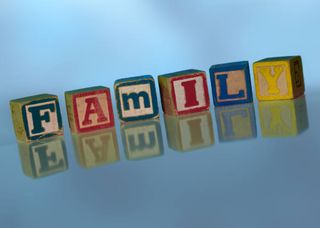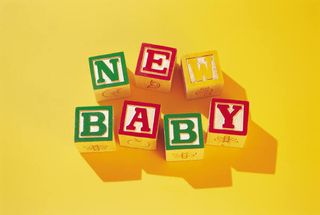 His Will was written before the birth of his last two children and never updated; thus, his estate plan is completely silent about his wishes for them. The actor's death also highlights the effect that marriage can have on an estate plan.
His Will was written before the birth of his last two children and never updated; thus, his estate plan is completely silent about his wishes for them. The actor's death also highlights the effect that marriage can have on an estate plan.
It seems that once a high-profile celebrity passes away, news of their estate floods the media shortly after. A recent article in The National Review, titled "A Hollywood Lesson for Everyday People: Trusts," emphasizes how one of the biggest misfortunes in the passing of actor Phillip Seymour Hoffman is that everyone now knows his business. We all know what assets were left to whom, who was left out, and how much money he had. These are typically private concerns, but because Hoffman only had a will, which is publicly probated in open court, everyone has access to these public records. Fortunately, there is a simple way for people to keep their estate plans from becoming blog material (like this!): create a trust.
A revocable living trust is a common type of trust that can help secure your privacy. According to the original article, Hoffman said he did not want his kids to be "trust fund kids." This meant he did not want his kids to be spoiled by his acting fortune. However, his definition of a trust could have used some better intel. Hoffman's children actually would have been better off with a trust that set out specific distributions tied to some conditions or events, such as their 25th birthdays or to use for college tuition.
 Houston Estate Planning and Elder Law Attorney Blog
Houston Estate Planning and Elder Law Attorney Blog










